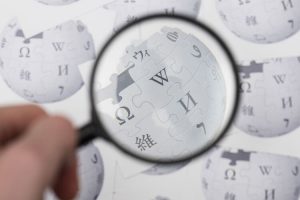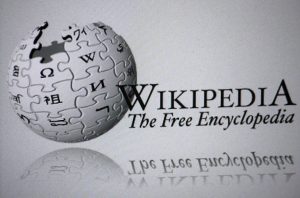
A recent failed coup attempt in Turkey has led to many upheavals.
The latest is a blanket ban imposed by the Turkish Government that blocks access to Wikipedia, thereby leaving a large part of the Turkish public at a disadvantage.
Wikipedia’s appeal against the ban in a Turkish court has also been of no use, since the court turned it down.
Official Explanation for the Internet Censorship
Information and Communication Technologies Authority (BTK), the arm of the Turkish Government that deals with these matters, just put out a statement confirming the ban’s implementation—without assigning any reason.
But other government-run media appeared to attribute this kind of internet censorship to certain postings in Wiki pages that were damaging the government.
Anadolu Agency, one such media, put out a quote from an official suggesting that there were concerted smear campaigns being carried on.
Some contents in these sites informed the public wrongly and this internet censorship move is meant to protect the public from such malicious content.
For those not familiar with the workings of Wikipedia, anyone can upload information on the site’s Wikis and there is a clear disclaimer on the website that says it does not take responsibility for any inaccurate information posted to it.
In this case, even the court appeared to agree with the government’s contention that the contents can be described as unfair attacks on the government and need to be removed.
The essence of the court’s judgement was that there are certain restrictions on freedom of expression and it cannot be absolute.

For the record, the offending two Wikipedia pages apparently accused the Turkish government of supporting the jihadi elements of the flare-ups in Syria.
There’s also a report that internet censorship will remain enforced until these pages are removed from the site.
This Has Happened Before
Turkish President Recep Tayyip Erdogan and his government entities came down with a heavy hand soon after an attempt to overthrow the rule failed last year.
Some 120,000 government employees at various levels—in the police, civil-service and even from the judiciary—stood suspended.
The media has not been spared either; many have been forced to shut down.
But in terms of internet censorship initiatives, there were occasions where social media sites like Twitter and Facebook were blocked for temporary periods.
Even popular messaging apps like WhatsApp have been found non-functional due to these restrictions imposed by the government, particularly when there are major protests or terrorist attacks.
But when questioned directly, the official explanation appears to brush it away, saying the sites might have crashed due to high traffic during such events.
Among other sites, YouTube was also blocked when someone uploaded footage of top officials meeting and discussing operations in Syria. This happened in 2014.
The government appears to feel that resorting to internet censorship or even jailing journalists is part of its duty to protect its citizens.
The fact that 81 journalists have been sent to prison in the last year alone must be an eye-opener for many around the world.
VPN the Only Way to Stay Informed
For those living in Turkey who depend on the country’s internet service providers (or ISPs), there is no way to escape internet censorship.
However, anyone with access to virtual private networks (VPNs) can manage to view the sites, including Wikipedia.
On websites accessed through ISPs, the banned Wiki pages were found to be displaying different messages and behaviors.
Some kept refreshing the page only to find a “connection timed out” message.
For several others, the page displayed “site cannot be reached.” But the end result is that hundreds of thousands of innocent Turkish citizens, particularly students and researchers who are trying to collect important information, will be deprived of this online assistance.
There are governments which exhibit such paranoia, particularly when it comes to any adverse information online.
In this specific case, it is reported that the Turkish government had first asked Wikipedia to remove the two pages and Wiki refused to do so.
That is when, on Saturday, April 29, the ban was imposed.
The jury is out on whether governments are justified in resorting to internet censorship under the garb of security and public interest.
